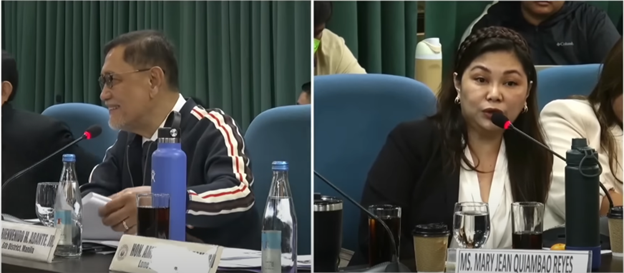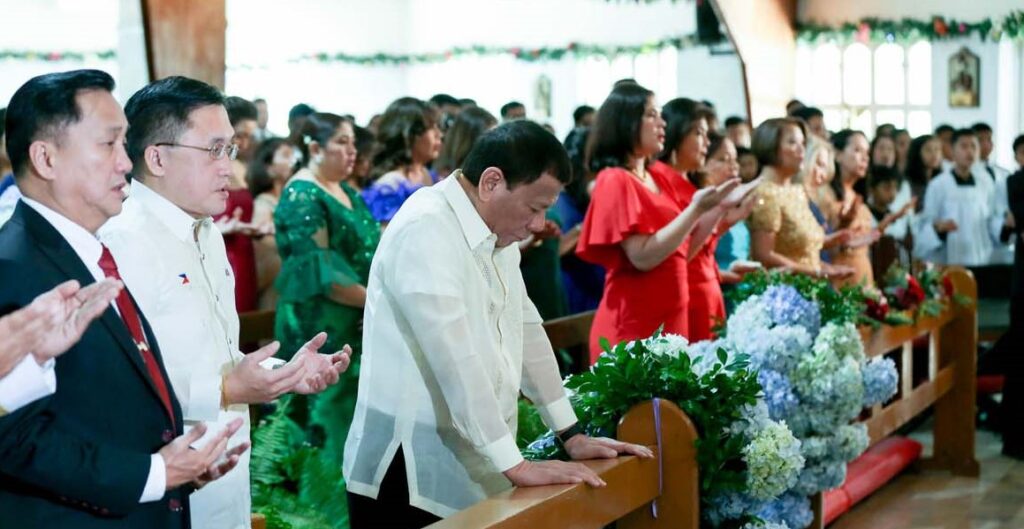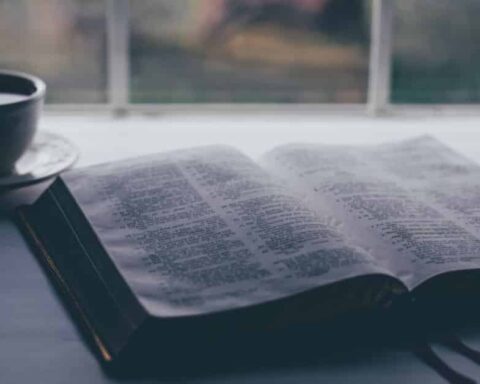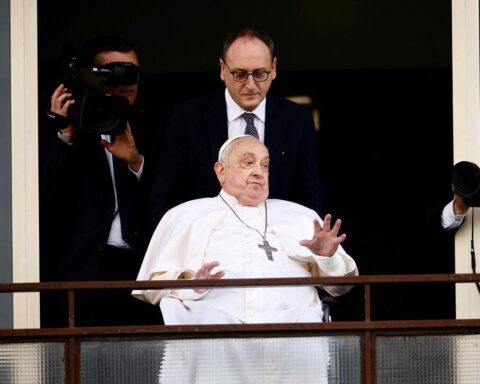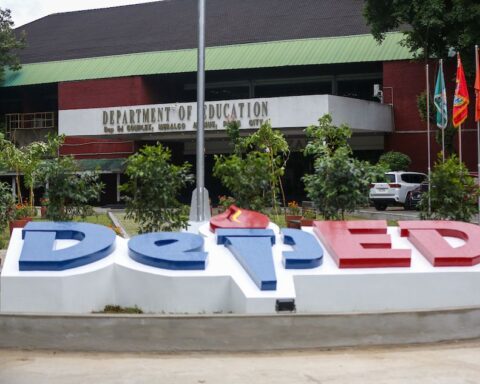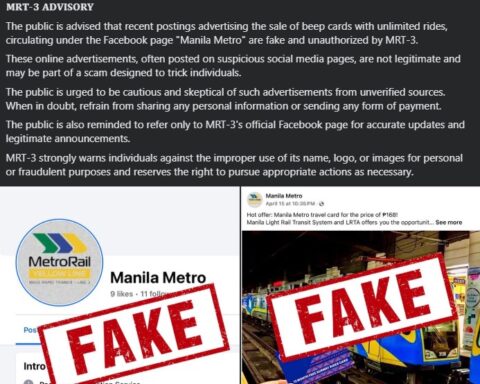The arrest of former President Rodrigo R. Duterte was carried out in full accordance with the law, a Filipino lawyer accredited by the International Criminal Court (ICC) affirmed on Friday.
Speaking at a briefing at the Philippine Information Agency in Quezon City, legal expert Joel Butuyan stated that Philippine authorities strictly followed the procedures outlined in Republic Act No. 9851, also known as the Philippine Act on Crimes Against International Humanitarian Law, Genocide, and Other Crimes Against Humanity.
Butuyan described the law as a “mirror image” of the Rome Statute, the treaty that established the ICC, emphasizing that the Philippines had the legal authority to surrender Duterte directly to the international court.
According to Butuyan, the arrest complied with Article 17 of the Rome Statute, which permits a country to hand over an individual for prosecution when accused of international crimes.
Duterte was taken into custody on March 11 after an Interpol-issued warrant was executed. He was immediately transferred to The Hague, where he now awaits trial for crimes against humanity related to the thousands of killings under his administration’s brutal war on drugs.
“We fully complied with our domestic law, dahil nga mayroong discretion ‘yung Philippine government to directly surrender the suspect to the international court,” Butuyan asserted.
He also cited Article 59 of the Rome Statute, clarifying that the process does not require approval from domestic courts as long as the accused’s identity is verified and their rights are upheld.
“Hindi kinakailangang dumaan sa domestic judicial authority, for as long as ‘yung substance ng Article 59 is complied with, which is, ‘yung identity ng accused at saka kung respected ‘yung rights ng accused,” he explained.
Duterte, Butuyan added, was fully informed of his legal rights and had legal counsel present during the arrest.
“Hindi kailangang ipakita ‘yung physical warrant of arrest at the time of arrest for as long as there (is an existing) warrant of arrest, pupuwedeng mag-aresto,” he said, highlighting that ICC procedures rely on electronic documents, even for trials.
With Duterte now in The Hague, his arrest marks a historic turning point for the Philippines. As legal proceedings unfold, the case will test the country’s commitment to human rights and international justice, setting a precedent for how leaders are held accountable on the global stage.

